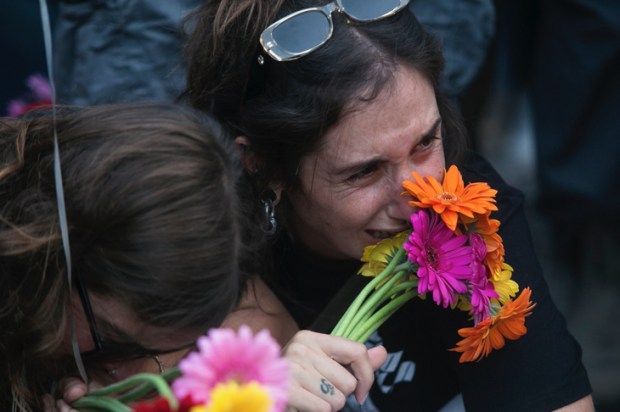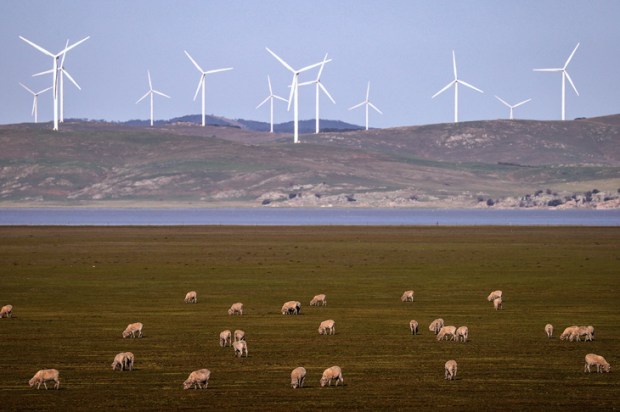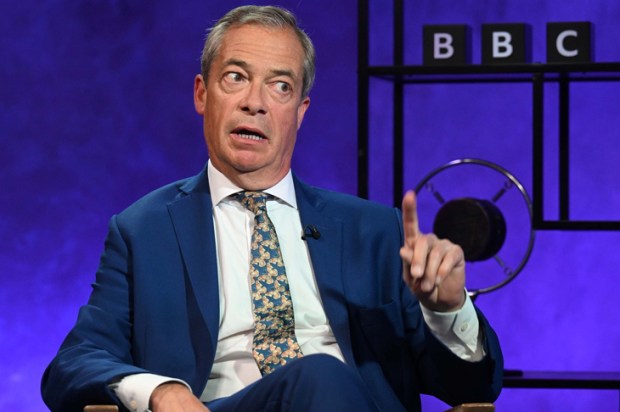The Australian Centre at the University of Melbourne identifies its purpose as considering how Australia’s founding as a settler colony informs our capacity to engage with the central challenges of our time.
The opening salvo of the Centre’s November conference declared, ‘Global failure to understand and engage with the colonial roots of the impending climate catastrophe both constrains our collective capacities to untangle this wicked problem and simultaneously works to secure settler futurity and white supremacy.
Already a subscriber? Log in
Subscribe for just $2 a week
Try a month of The Spectator Australia absolutely free and without commitment. Not only that but – if you choose to continue – you’ll pay just $2 a week for your first year.
- Unlimited access to spectator.com.au and app
- The weekly edition on the Spectator Australia app
- Spectator podcasts and newsletters
- Full access to spectator.co.uk
Unlock this article
Brianna McKee is a Research Fellow and National Manager for Generation Liberty at the Institute of Public Affairs.
You might disagree with half of it, but you’ll enjoy reading all of it. Try your first month for free, then just $2 a week for the remainder of your first year.














Comments
Don't miss out
Join the conversation with other Spectator Australia readers. Subscribe to leave a comment.
SUBSCRIBEAlready a subscriber? Log in